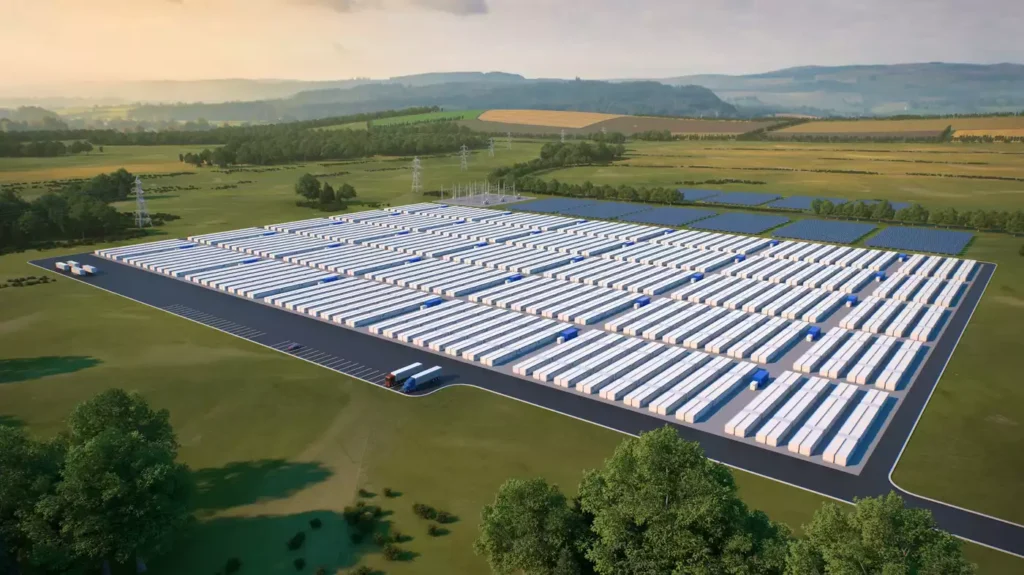Us & Them Encore: Another Small Town Paper Down
Across the nation, there are more and more local news deserts; communities with no local newspaper, television or radio station to cover what’s going on. When a small town paper like The Welch News in McDowell County, WV, can’t compete and shuts down, losing those local eyes and ears can affect accountability because no one is there to watch over things. When local news sources vanish, a community can also lose its sense of cohesion and identity. This story was supported by the Pulitzer Center. This story was also honored with a regional Edward R. Murrow Award for Best News Documentary and by the Virginias Associated Press Broadcasters for Best Documentary.
Continue Reading Take Me to More News





















